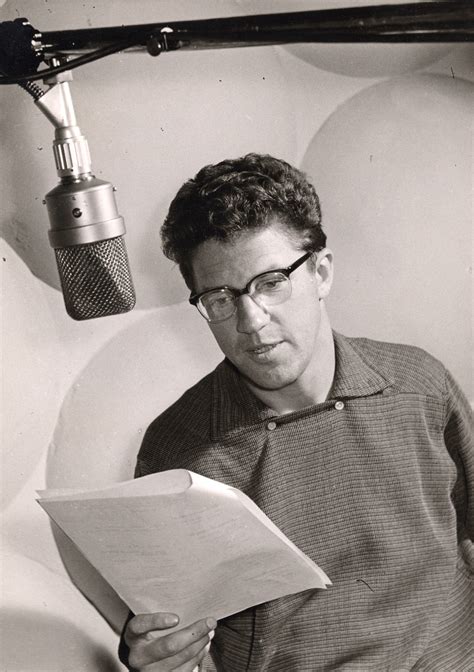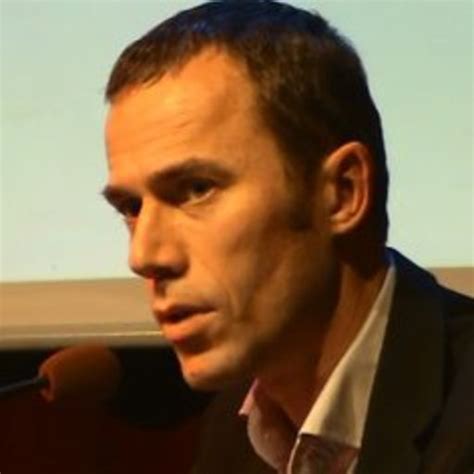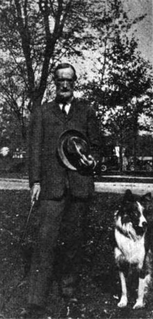A Quote by Albert Einstein
We must remember that we do not observe nature as it actually exists, but nature exposed to our methods of perception. The theories determine what we can or cannot observe...Reality is an illusion, albeit a persistent one.
Related Quotes
I am not a positivist. Positivism states that what cannot be observed does not exist. This conception is scientifically indefensible, for it is impossible to make valid affirmations of what people 'can' or 'cannot' observe. One would have to say 'only what we observe exists,' which is obviously false.
Mystical experience of nature can be of particular relevance to our troubled age, bringing deeper into our consciousness and emotions the logic that nature sustains humanity as humanity must, in turn, sustain nature. Rationality alone, however, cannot be our guide in the task of restoring our environment. A spiritual connection to nature must inspire the emotional commitment that is the yin, complementing the yang of intellectual understanding.
Constantly regard the universe as one living being, having one substance and one soul; and observe how all things have reference to one perception, the perception of this one living being; and how all things act with one movement; and how all things are the cooperating causes of all things which exist; observe too the continuous spinning of the thread and the contexture of the web.
































